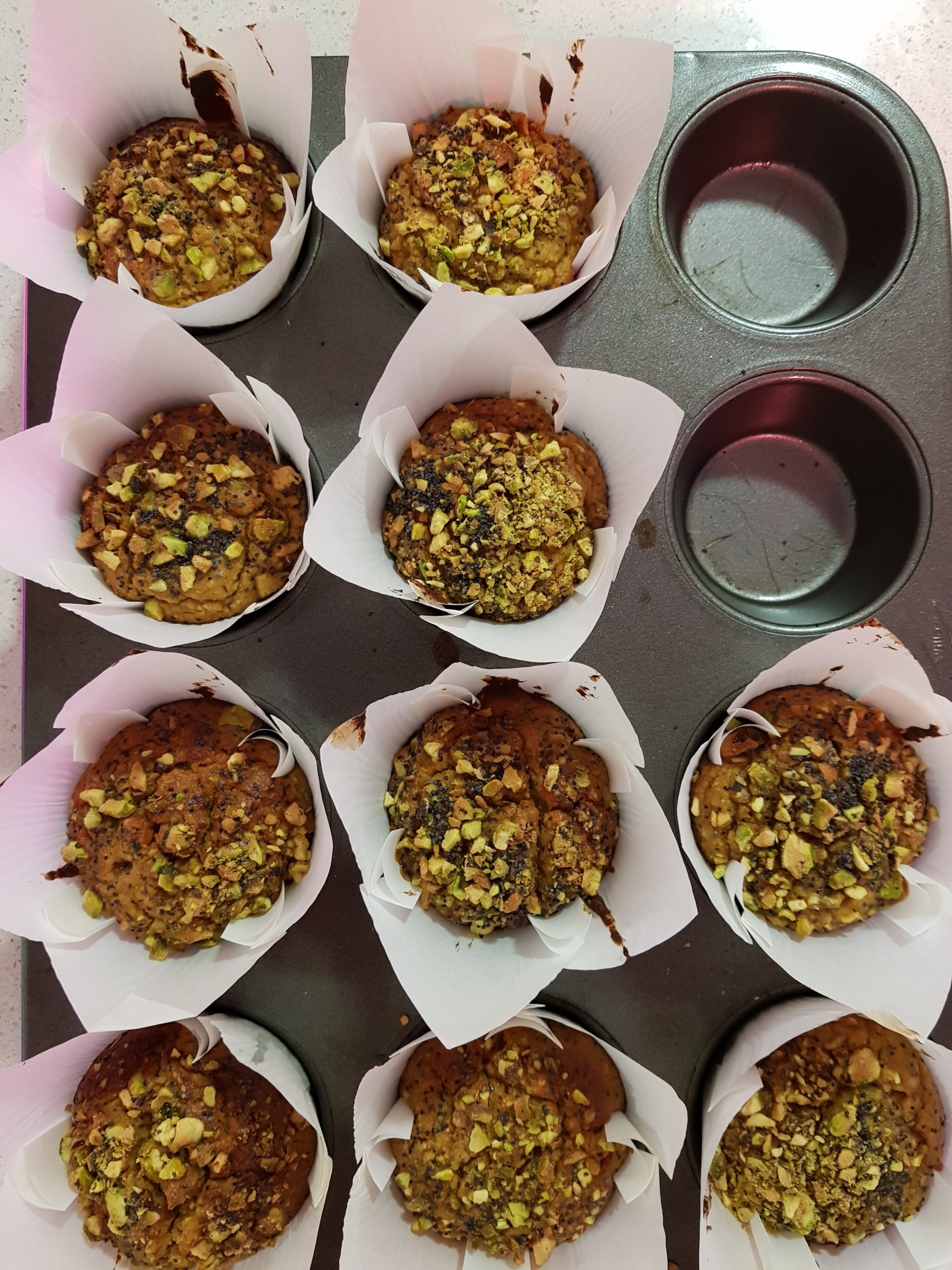The buzz word in the diet realm currently seems to ring ‘Keto’. There are so many FAD diets around and so many that have come and gone over the many years that people have been ‘weight’ conscious. Most diets have their pros and cons and it is evident ‘diet’ is not a one size fits all protocol and the ‘Keto diet’ is no exception.
So, what is it?
There are several forms of the ketogenic diet geared towards different people including: Standard ketogenic diet: Very low-carb, moderate-protein and high-fat. Cyclical ketogenic diet: Phases of higher-carb reloads with majority ketogenic days (5:2). Targeted ketogenic diet: Carbs are consumed around workout times. High-protein ketogenic diet: The standard Keto diet with additional protein.
The most common however, is the standard very low-carb, high fat concept, where protein is left at a moderate intake. The diet is time consuming and leaves people open to obsessing over their ‘macros’. Counting total carbohydrate intake is the aim of the game. You can see how this may become problematic for those with eating disorders or addictive behaviours.
The goal is less than 50g of net (total minus fibre) carbs per day. In doing this, you are working towards the primary target of regearing where energy is derived from. Therefore, as glucose is our main energy source on a normal diet, our bodies will begin to utilise or create other energy sources, ‘ketones’ which are produced in the liver from the breakdown of fatty acids, essentially accelerating fat metabolism and weightloss.
Possible Benefits
– Ketosis has beneficial effects on blood sugar and may, benefit ‘some’ of the diabetic community along with other related blood sugar dysregulation conditions.
– It has been shown to benefit some with neurological disorders (epilepsy, Alzheimer’s, Parkinson’s).
– It has shown benefits in sustaining healthy blood lipid levels for cholesterol control (when the correct fats are also consumed)
– Supports happy hormone levels and other hormonal related conditions
– Effective for some who wish to lose weight, if done properly.
On the flipside if poorly executed or with a lack of professional guidance, nutritional deficiencies can arise, hypoglycaemia may present, a temporary energy loss may leave one unable to live a normal life and too much weightloss may present.
What I suggest… Do lots of reading and research before you jump into any diet regime and seek the guidance of an extensively trained professional who can educate, support, guide and monitor your health.




